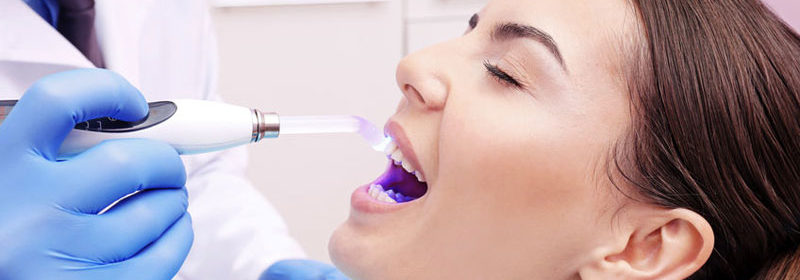
|

|

|

|

What You Need To Know About Tooth Extractions
For most people, wisdom teeth start erupting in early twenties. The wisdom teeth are the third set of molars and they are named as such because they come in when a person is supposed to be mature and wise. More often than not, wisdom tooth eruption is accompanied by a lot of problems and therefore wisdom tooth extraction is a commonly performed procedure at dental clinics across the world.
if you experience any pain in the gums or if the gums are swollen around the wisdom teeth as it is erupting, go in for a visit at your dental clinics and the dentists will suggest the best way forward after a dental examination.
Common reasons for wisdom teeth removal
The first step before deciding whether the wisdom tooth has to be removed or not is conducting a thorough dental examination. Bear in mind that not everybody is going to require their wisdom tooth to be extracted. However, in certain situations your dentist mirror comment that the tooth be extracted. Here are some of the common reasons for wisdom teeth removal.
There is not enough room for the new wisdom tooth
Your wisdom teeth are the last set of teeth to come in, and it might be difficult to accommodate all the teeth on the jaw bone because there is not enough space. If the wisdom tooth is coming in where the jawbone is beginning to curve, then there is most likely not enough space and it would be better to perform a tooth extraction.
Impacted teeth
Often, when the wisdom teeth come in it impacts the teeth around them, especially when there isn’t enough space. The wisdom tooth that is newly coming in will attempt to push all the other teeth out of station so it can make some space for itself point this may lead to other molars becoming trapped and causing a lot of pain and discomfort in your jaw and gums. In this case, our dentist will recommend whether the wisdom tooth needs to be removed after a dental examination.
Gum diseases and tooth decay
The problem with wisdom teeth is that they are situated very far back in the gum line. Thus it is extremely difficult to reach them and clean them thoroughly. The angle that the tooth comes in may also be such that if pushes other molars and makes all the teeth crowded together. This also makes it difficult for brushing and flossing. This often leads to developing cavities and gum diseases. It may be better to remove the wisdom tooth to ensure proper oral hygiene.
Difficulty in eating food
If you regularly experience any sort of pain while eating food, this is a good reason to have your wisdom tooth removed. The food can even get stuck between the gums and teeth, that’s leading to a lot of pain and even possible decay if it is not taken care of at the earliest. You could be a good idea to check with your dentist weather you need to get the wisdom tooth removed if you are experiencing any pain in queuing and eating food.
Cysts forming around the tooth
Often, it may also happen that a sac forms near the wisdom tooth and start feeling with fluid, this is called a cyst. If you leave it untreated, it can cause a lot of damage to the surrounding bone, roots, and other oral structures. If it becomes more serious, it can even turn into a tumour requiring extensive surgery to remove it. It is better not to let it get to the stage, and get the tooth extracted much before that.
Sinus problem
Some people report sinus issues when their wisdom teeth come in. The problems usually start when the teeth start growing in the upper jaw. As the teeth grow comma they start pushing against the sinuses and thus putting some pressure on them. This is an infrequent problem; however, it does happen. If there are sinus issues related to your wisdom teeth coming in, it is better to have the tooth removed in order to prevent issues such as headache and congestions.
Wisdom tooth removal procedure
Wisdom tooth removal is a common procedure and there is nothing to be afraid of. It is generally performed by an oral surgeon or a general dentist. Local anaesthesia is commonly used before the extraction to numb the area so you don’t experience any pain. However, is the extraction is being performed for more than tooth, you may require general anaesthesia or conscious sedation. The type of anaesthesia that you required for the procedure will be determined by your dentist.
After the anaesthesia, your dentist may need to cut open the gum tissue at the extraction site, in case the tooth has been impacted. After getting access to the tooth itself, it will be removed very gently. When the extraction process is complete, the site may need to be sutured in order to promote faster healing.
Recovery after wisdom tooth extraction is quite fast and you can recover completely within just a few days. During this time, make sure that you rest properly and take pain medication if required. You may experience a little bit of bleeding for a couple of days, but this can be reduced with the help of gauze pads – you can gently bite on them. Do not bite on anything hard for a few days after the extraction point also be a little careful when you brush and floss. Avoid flossing around the area till it heals completely.






